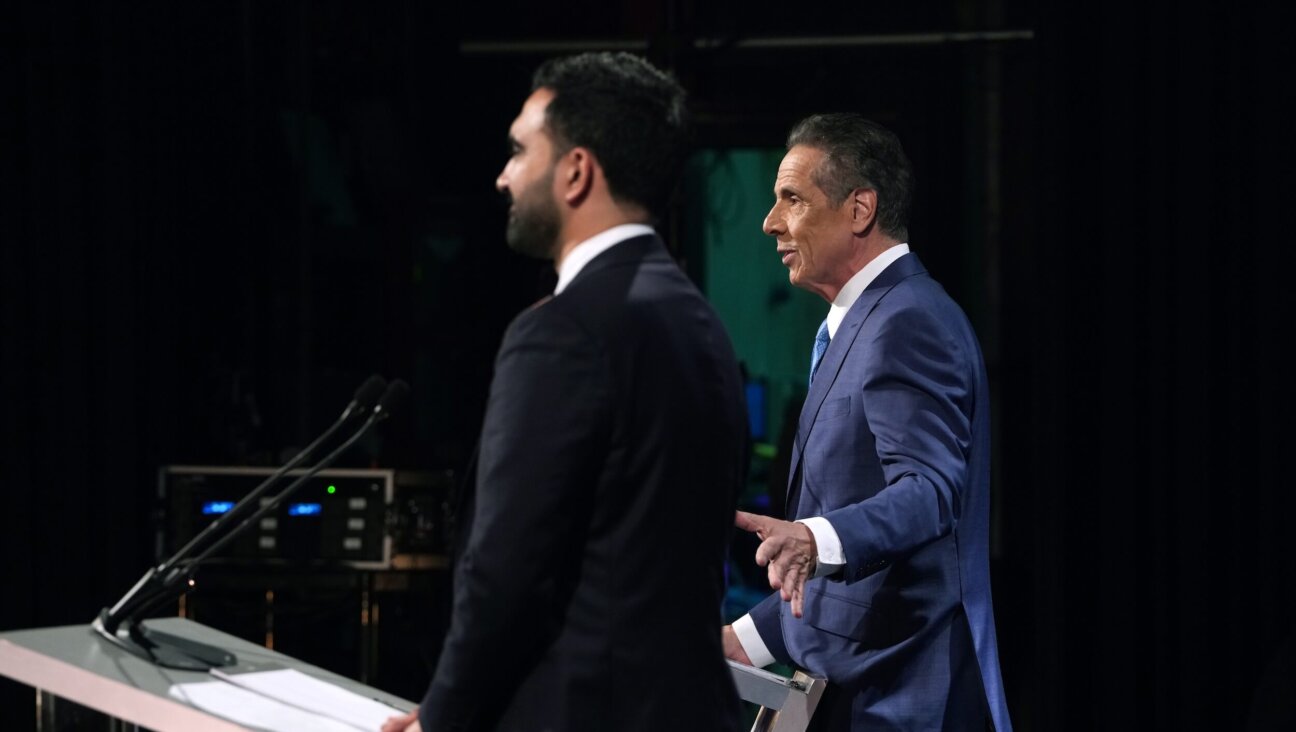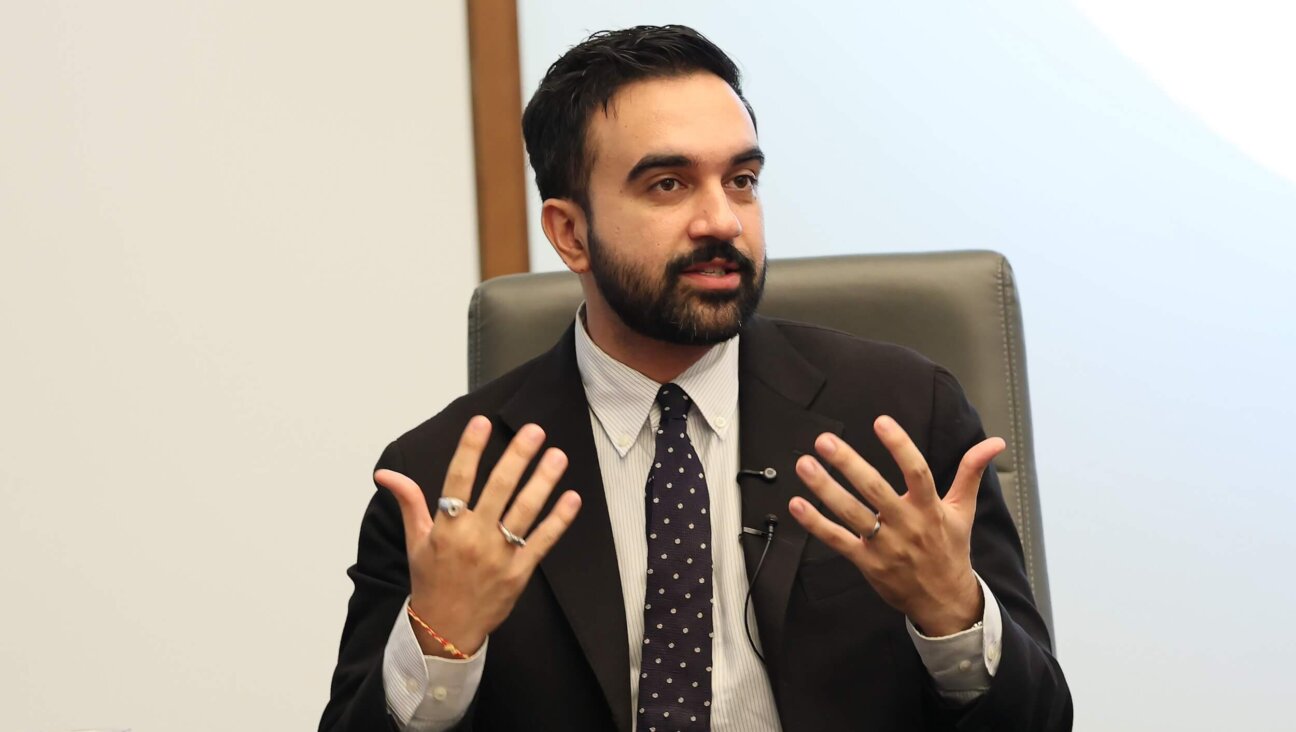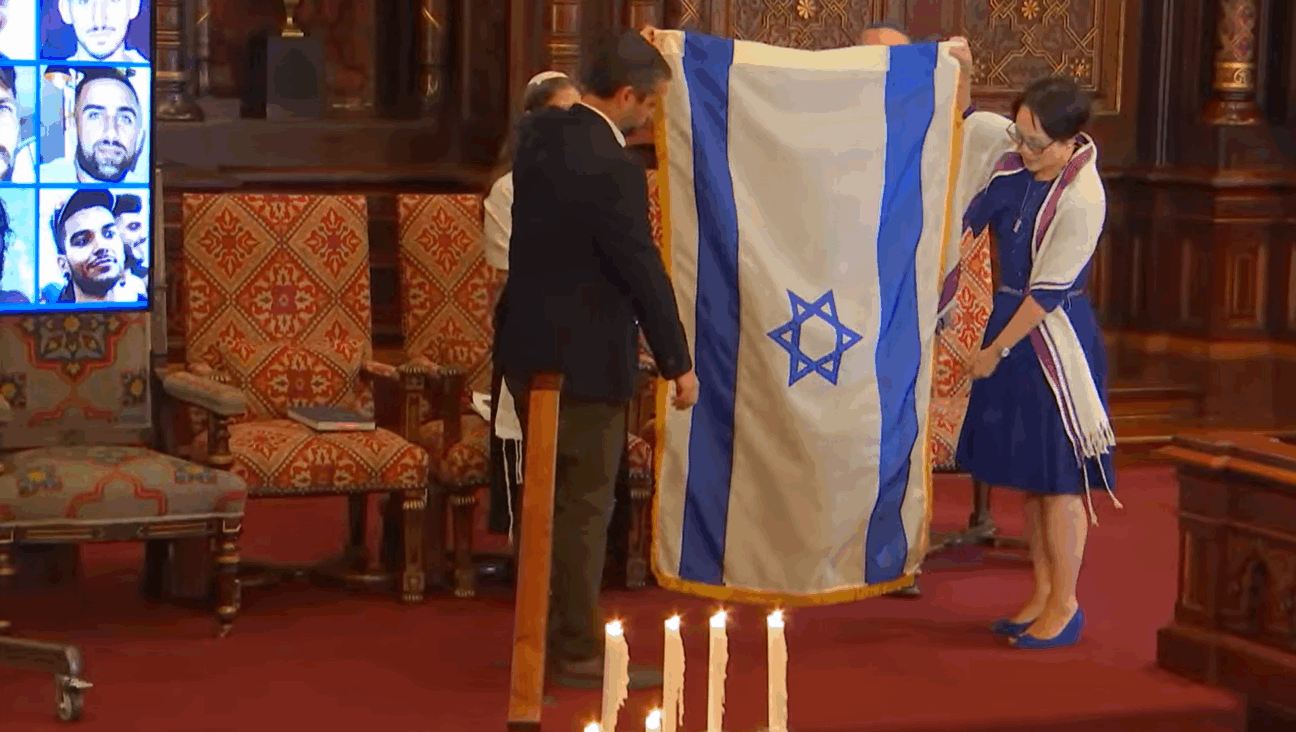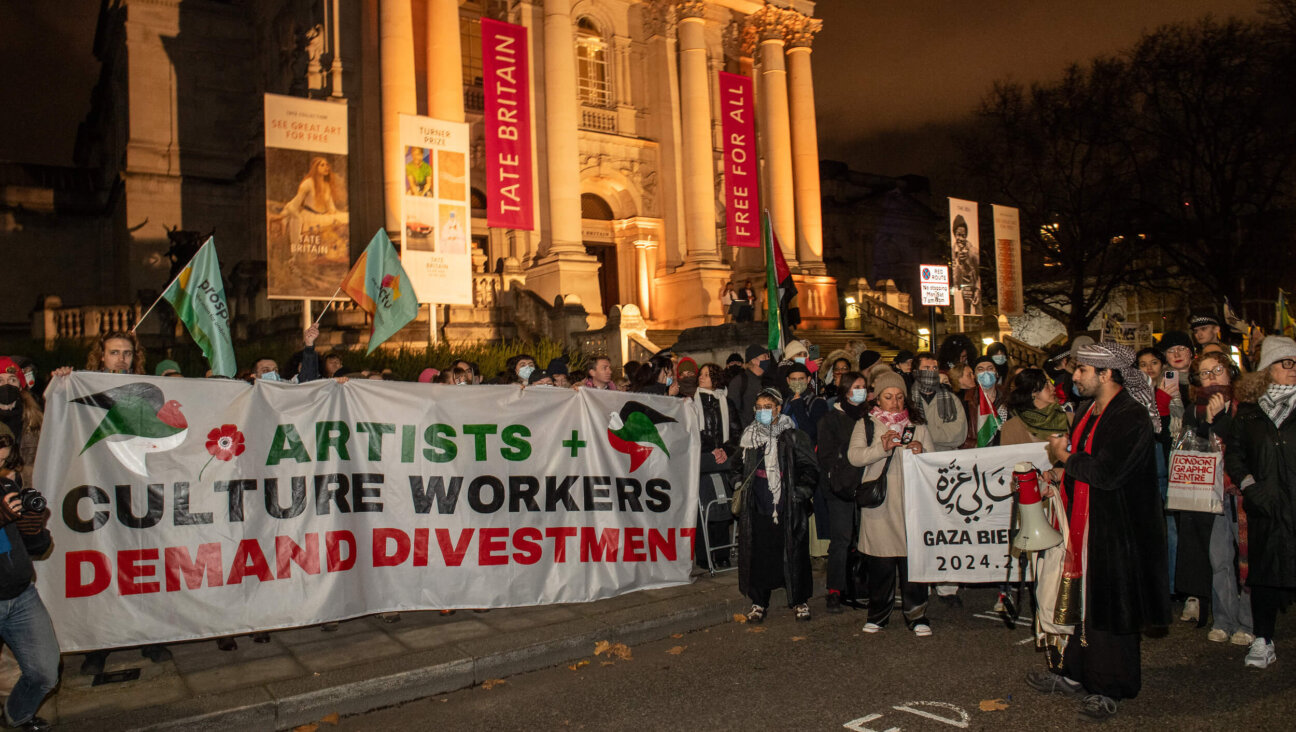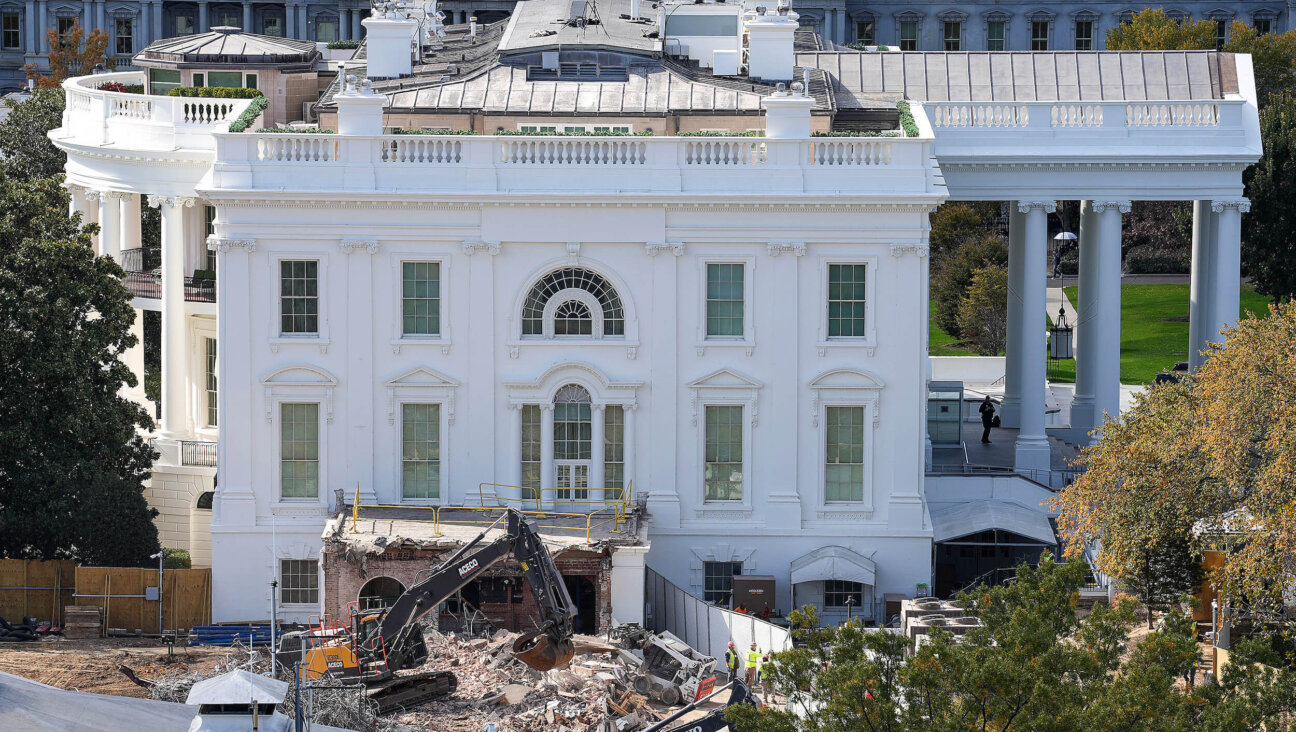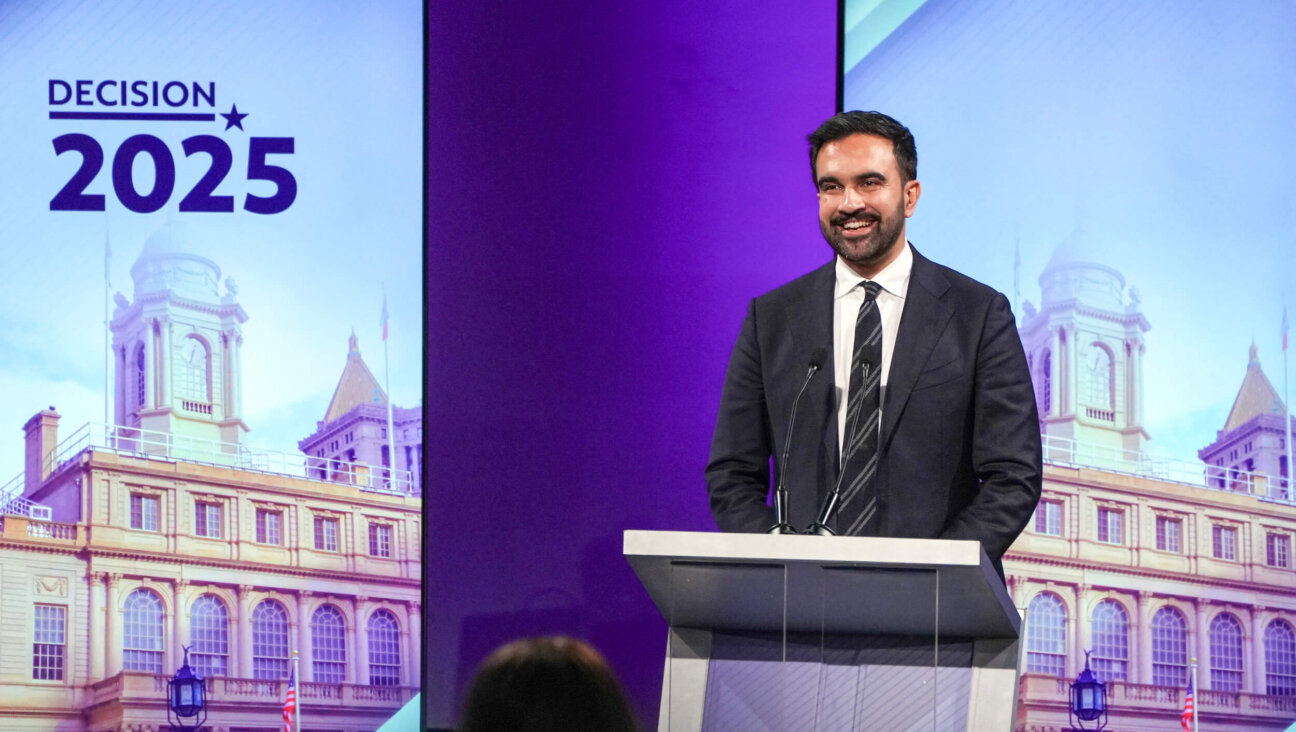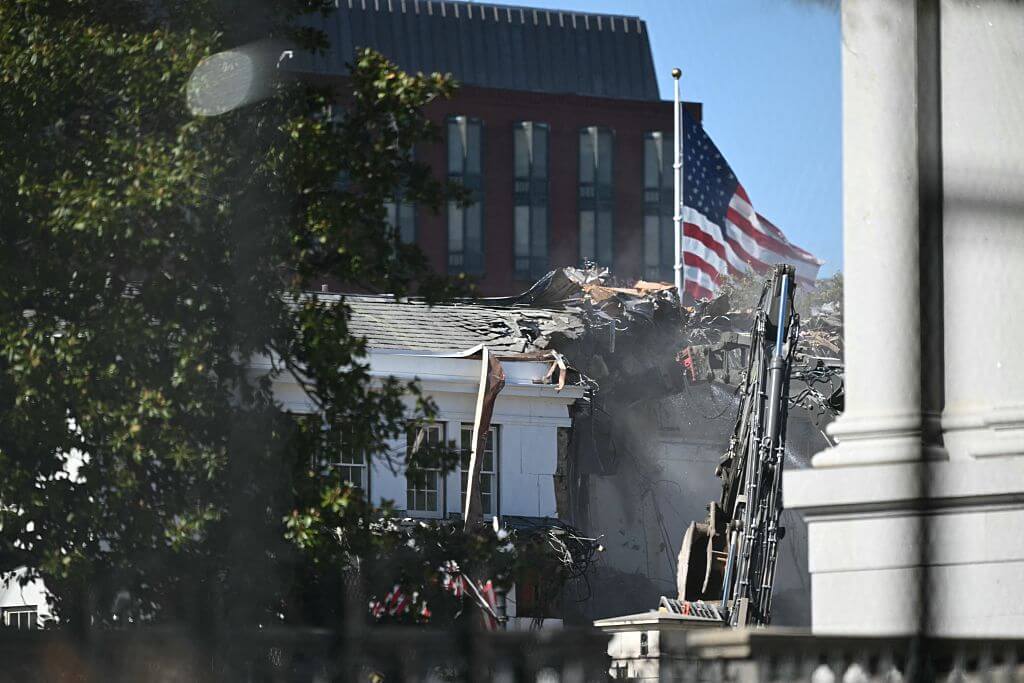Report on Bosnian Murders Fuels Debate
A French media report published last week is sparking claims that the United States was partially complicit in the 1995 destruction of three Bosnian Muslim enclaves, protected by the United Nations.
The report, which appeared in the magazine Paris-Match, drew on an interview given by former American diplomat Richard Holbrooke to a Bosnian television station last year. In the interview, Holbrooke, a Clinton administration assistant secretary of state, said that his “initial instructions” at the time were to sacrifice the three enclaves, which included Srebrenica, the site of the grisly murder of some 8,000 Muslims. These instructions, Holbrooke then told Paris-Match, came from Anthony Lake, national security adviser at that time, and Holbrooke claims he rejected them. Word that the instructions were given, however, has fueled speculation that Western countries not only allowed the fall of the enclaves, but in effect encouraged it, as well, in order to facilitate a diplomatic solution in which the dividing line between Bosnian Serb and Muslim territories would be clear.
Holbrooke, a key architect of the Dayton peace agreements that ended the war, has long said that he resisted orders from the White House to abandon one of the three enclaves, Gorazde; however, his seeming admission that American policy envisioned sacrificing the two others — Srebrenica and one called Zepa — was in sharp contrast with all previous assertions by officials of the United States, including Holbrooke himself.
Holbrooke told the Forward that he misspoke and that the instructions he received and rejected involved only Gorazde. “I was sloppy,” he said. “I conflated Srebrenica and Gorazde.”
Lake, who now teaches at Georgetown University and has had a sometimes tense relationship with Holbrooke, said through an assistant that Holbrooke also had told him that he had misspoken and that he agreed with Holbrooke’s explanation. But Muhamed Sacirbey, who was Bosnia’s foreign minister at the time, claims that Holbrooke did not misspeak and that his words were in fact “an indictment” of Western countries.
“It was a long, sit-down interview to mark the 10th anniversary of the Dayton accord, and the main topic was Srebrenica, so I have a hard time believing that someone like Dick Holbrooke could make such an obvious mistake,” Sacirbey said. “I think it’s an attempt on his part to disperse blame in the face of mounting evidence of Western complicity” with the Bosnian Serbs and Serbian strongman Slobodan Milosevic.
In an interview with author Sylvie Matton, published in the same issue of Paris-Match, Carla del Ponte, chief prosecutor of the international tribunal for the former Yugoslavia in the Hague, asserts that Milosevic and Bosnian Serb leaders Radovan Karadzic and Ratko Mladic had a meeting with Western officials in the spring of 1995 in which they indicated their plans to take over Srebrenica. “This is the smoking gun,” del Ponte said, adding that there were minutes of the meeting and that she knew the names of the Western participants but was unwilling to divulge them.
Sacirbey said that the meeting in question was part of a negotiation process that he now believes led to a deal in the early summer of 1995 between Western officials and Milosevic that included the transfer of the three enclaves, which were under the protection of U.N. peacekeepers, to what would become Bosnian Serb territory.
Holbrooke rejected the allegations forcefully, pointing to the fact that he had on numerous occasions called for more muscular action from NATO before the fall of Srebrenica. “I was continuously arguing with the White House and the State Department,” he said.
Asked about the meeting mentioned by del Ponte, he said he had no knowledge of such sessions, noting that he first met Milosevic two months after the fall of Srebrenica. He added that the talks with the Serbian leader were handled in the spring of 1995 by Swedish diplomat Carl Bildt, who was representing the European Union.
Bildt, who is now Sweden’s foreign minister, told the Forward that he did not have “any knowledge whatsoever” of any such meeting or deal, and that he found it “astonishing” that the assertions had not been presented at Milosevic’s trial.
“If there had been any such meeting, the man who would have had a very clear interest in telling about it would have been Milosevic,” Bildt wrote in an e-mail. “But I’m not aware of any information coming from him during his years of defense that indicates anything in this direction.”
Milosevic died in March while his trial was in progress in The Hague. Del Ponte explained in her interview that she was unable to formalize an account of the meeting into evidence because the participants refused to confirm their attendance.
“For many years, I believed that the West gave an orange light to the Serbs to take over Srebrenica, but I am now convinced that it was a green light,” said Sacirbey, who added that although he had no rock-solid evidence, a series of revelations like the meeting mentioned by del Ponte made him reassess some of the instances he witnessed a decade ago.

